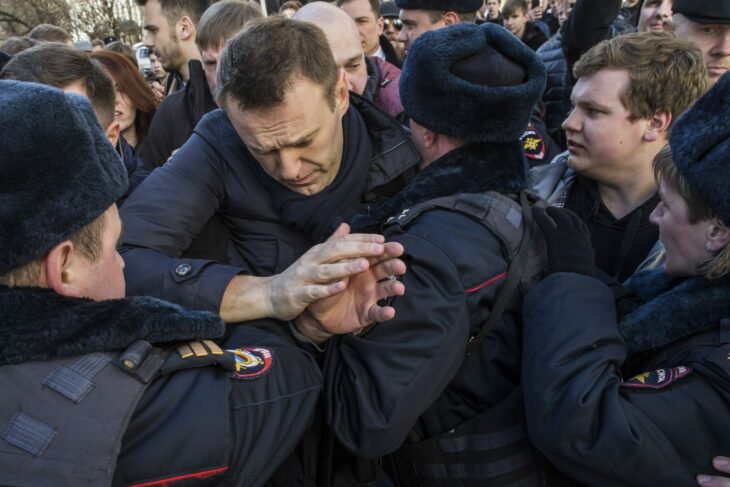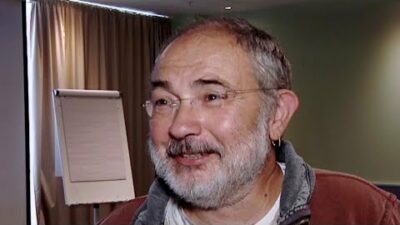
Amnesty International on Friday announced its decision to re-designate Alexei Navalny, one of Russian President Vladimir Putin’s most prominent opposition critics, as a “prisoner of conscience,” apologizing for its decision to revoke his status earlier this year.
Navalny, a lawyer and anti-corruption activist, is currently serving a three-and-a-half year prison sentence, which he received in February after he was found to have violated the terms of a parole. At the time of the violation, Navalny had been in Germany seeking medical help, having been the target of a chemical nerve agent attack allegedly sanctioned by the Russian state.
In February, Amnesty made an internal decision to revoke his status as a “prisoner of conscience,” citing concerns that certain discriminatory and xenophobic comments he had made in 2007 and 2008 amounted to advocacy of hatred.
In Friday’s statement, however, Amnesty said that this had been “the wrong decision.” It said, “Alexei Navalny has not been imprisoned for any recognizable crime, but for demanding the right to equal participation in public life for himself and his supporters, and for demanding a government that is free from corruption. These are acts of conscience and should be recognised as such.”
As a result of this episode, Amnesty reports that it has commenced a review of its approach to the “prisoner of conscience” label, determining not to exclude a person from this designation solely on the basis of past conduct. The statement continues, “We recognise that an individual’s opinions and behaviour may evolve over time. It is part of Amnesty’s mission to encourage people to positively embrace a human rights vision and to not suggest that they are forever trapped by their past conduct.” However, Amnesty has emphasized that a designation as a “prisoner of conscience” does not imply an endorsement of the subject’s views, commenting that “some of Navalny’s previous statements are reprehensible and we do not condone them in the slightest. As a human rights organisation, Amnesty International will continue to fight racism and all forms of discrimination wherever they exist.”
The statement ends with an echo of Amnesty International Secretary General Agnes Callamard’s earlier accusation that the Russian state is condemning Navalny to a “slow death,” calling for his immediate and unconditional release from prison.




